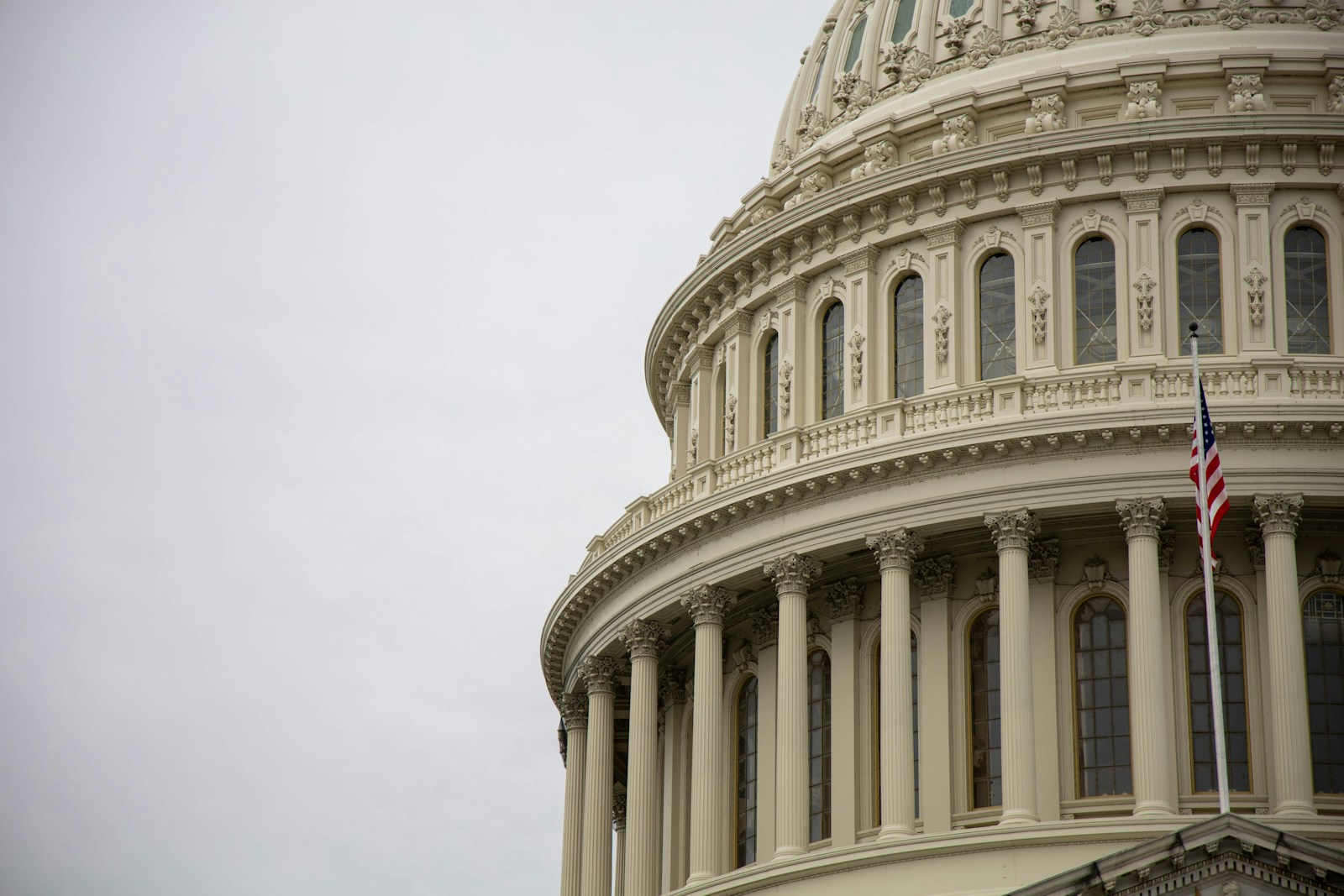Key Takeaways:
– Texas Attorney General, Ken Paxton, has filed a lawsuit against Dallas pediatrician, Dr. May C. Lau.
– The lawsuit accuses Dr. Lau of providing gender transition treatments to minors.
– This act is claimed to be a violation of a state law passed in 2023.
– The case stands as the first enforcement action under this new law.
Pediatrician Accused of Violating Texas Law
On Thursday, a high-profile legal action took place in Texas. Ken Paxton, the state’s Attorney General, filed a lawsuit against Dr. May C. Lau. He accuses this Dallas pediatrician of providing treatments for gender transition to minors. This stirs controversy as it allegedly goes against a state law that was established in 2023.
First Legal Use of New Law
The lawsuit has particular significance beyond the specific allegations. According to Paxton, it represents the very first enforcement action taken under the 2023 law. This isn’t just some isolated incident. It’s setting a precedent.
A Closer Look at Dr. May C. Lau
So, who exactly is Dr. May C. Lau? She holds a respected position as an associate professor in the department of pediatrics at the University of Texas Southwestern Medical Center. This institution is known for both its state-funded education and its substantial contribution to medical research. Furthermore, Dr. Lau lends her skills in pediatric care to patients at Children’s Health. It’s clear that she holds an influential position in children’s healthcare in and around Dallas.
Understanding Gender Transition Treatment
Gender transition treatment is a complex topic. It involves medical procedures and therapies to help individuals live their lives in a manner that aligns with their gender identity. For minors, these treatments can involve hormonal therapies or, in some cases, surgical interventions. However, the legal, ethical, and medical debates surrounding pediatric gender transition are deeply contentious.
The Clash over Law and Medicine
This lawsuit from the Texas Attorney General highlights the tension between legal regulations and medical practice. The law in question aligned with the stance of some who believe that gender transition treatments should not be made available to minors. On the other hand, others, including many medical professionals, believe in providing these treatments to minors under certain circumstances. Clearly, this is an issue that’s rife with contention.
Concluding Thoughts
At its core, this action by the Attorney General embodies the ongoing struggle between personal freedoms, medical autonomy, and governmental regulation. It hits at the heart of ethical issues surrounding pediatric gender transition but it’s also about so much more. As the first enforcement of the 2023 law, it establishes a precedent for future legal actions.
Concurrently, it also sparks discussions on the line between objective law and subjective medical decisions. In conclusion, as varied responses follow in the wake of this lawsuit, it’s safe to say that this is more than a singular legal case. It’s a critical point in an ongoing debate that may define the future of pediatric healthcare, not just in Texas, but nationwide.
